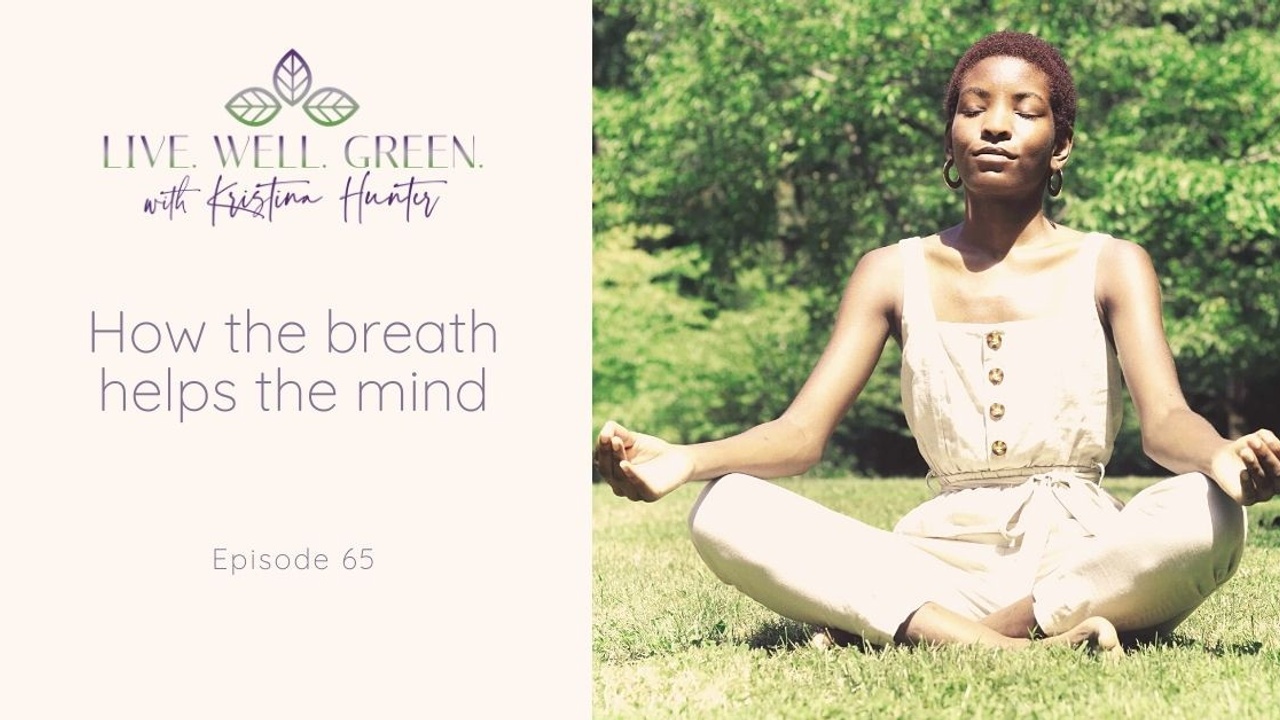Sustainable wellbeing and green living
Let's find ways to Flourish!
Turning waste into resources with community composting
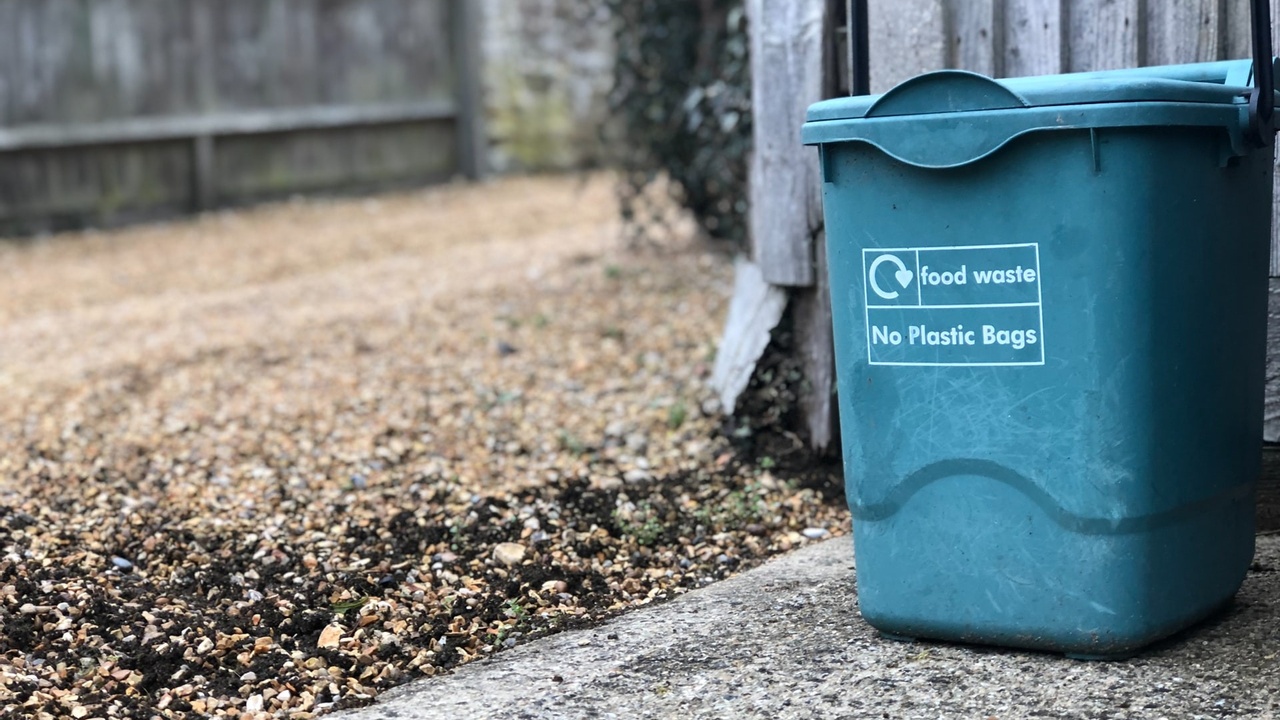
You may be familiar with backyard composting, but what about options for institutions, schools, businesses and people who would like another alternative to backyard and vermicomposting? Community composting can be a great solution to these dilemmas and a way to extend the lifespan of your local landfill and reduce greenhouse gas emissions at the same time.
But first, let’s talk about why composting is a perennial favourite for taking personal action against climate change!
Why does everyone talk about the need to compost?
When food is thrown out in the garbage, and sent to the landfill, that organic waste is compacted in a sanitary landfill. This is done to save space in the landfill and to prevent animals from scavenging food there. However, this means that the food will break down without much oxygen - in other words, it will be anaerobically broken down.

When this happens, the decomposition of the food does not take the usual route of turning into carbon dioxide and other...
The bliss of biophilia - indoors!
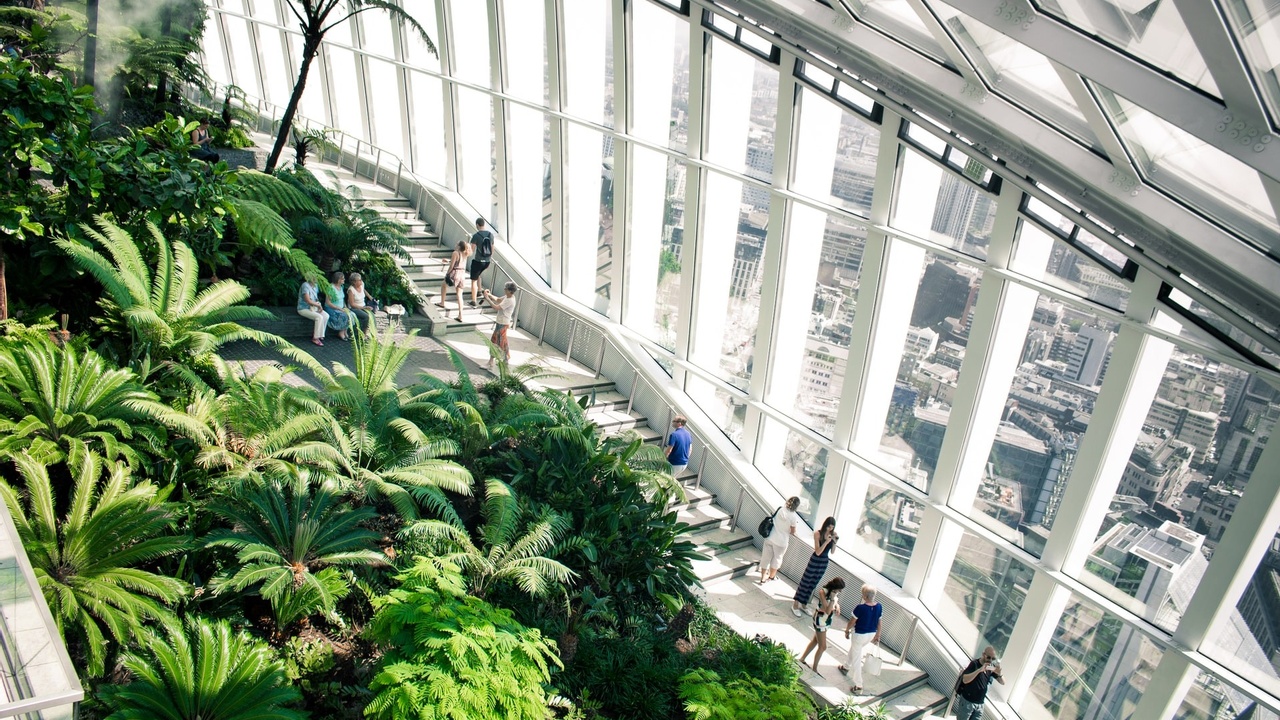
Why is it that plants, windows with views of greenspace, nature-depicting art pieces, and other natural elements brighten up our indoor environments? Given the choice, most people prefer to spend time in a room that contains these elements instead of a room that is closed off to the outside world. In fact, access to daylight and the outdoors is even a requirement of humane-treatment in some situations like incarceration.
We know that spending time outside is good for our psychological and physiological health. As seen with activities such as gardening, forest bathing, and simply spending time outdoors, nature has restorative properties that we can all benefit from!
So, is it possible that we can access these benefits from indoor environments as well? The answer is yes! Biophilic design is a design strategy that incorporates natural elements into the built environment in order to increase human wellbeing.
Biophilic design is based on the concept of “biophilia” which...
Learning about nature - in nature!
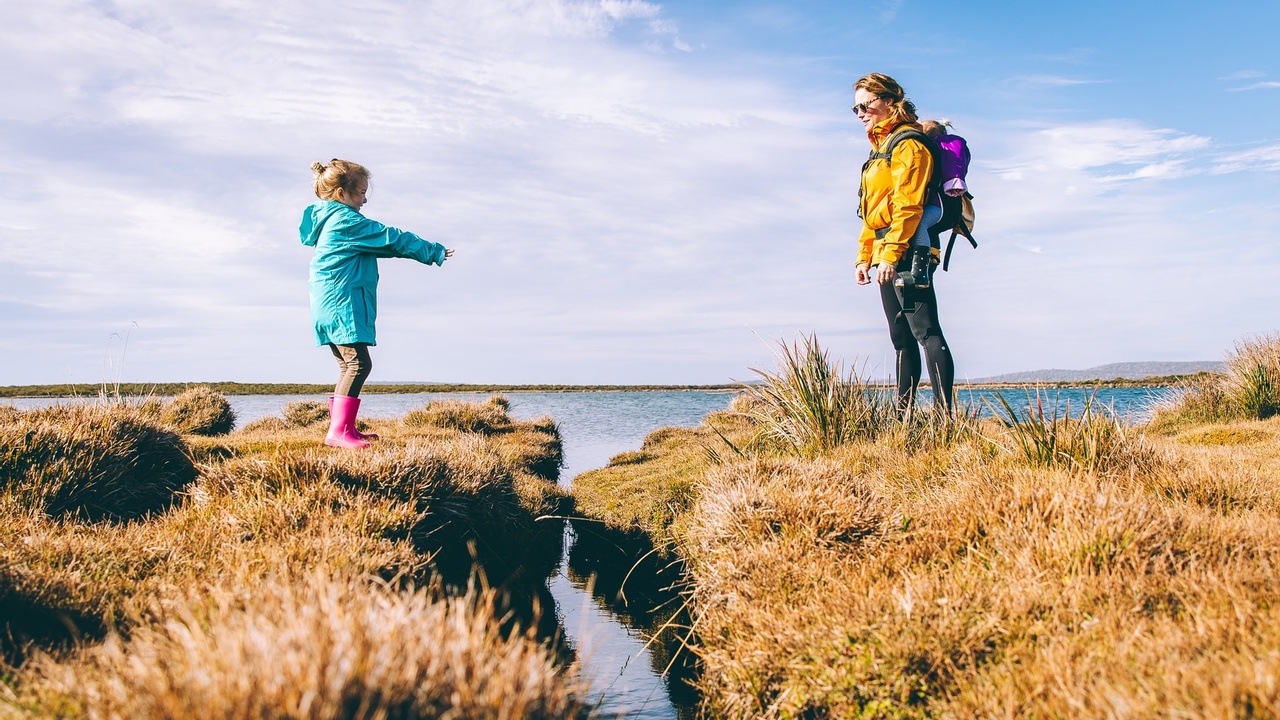
Education is one of the most important tools when it comes to protecting the environment and ensuring the health of our planet for future generations. After all, how can we care for the environment if we don’t understand how various environmental components work together to create a well-functioning ecosystem?
As David Attenborough said, “No one will protect what they don’t care about; and no one will care about what they have never experienced.”
Luckily, we have environmental education centres to help facilitate environmental learning for children and adults alike.
Nature education centres bring people together to share memorable experiences and build sustainable relationships with nature as well as each other. These centres provide the public with nature-based programming, outdoor recreation activities, facilities for environmental education, and ample opportunities to engage with the environment and learn something new!
Now, what kinds of nature education...
Climate Change Stories Rewritten

The Climate Illustrated project grabbed my attention on Instagram because they are doing something different than the other activists out there. First of all, they are using the platform to share stories. Stories from real people allowing us to glimpse into the richness and diversity of the human experience, and how that experience is being threatened by climate change.
The stories that they share are of real people and their concerns over environmental issues - how they overlap with climate justice, daily survival, and their deep connection to the natural world. It is an amazing way to glimpse snapshots of life around the world.

But more than that, the images that they are using to tell these stories are stunning and powerful at the same time. It goes far beyond the usual depiction of climate change issues with melting glaciers and threatened polar bears. Through illustrations, they depict scenes that could be snapshots of a life or a portrait of resistance.

This...
The no yard needed composting solution: Vermicomposting
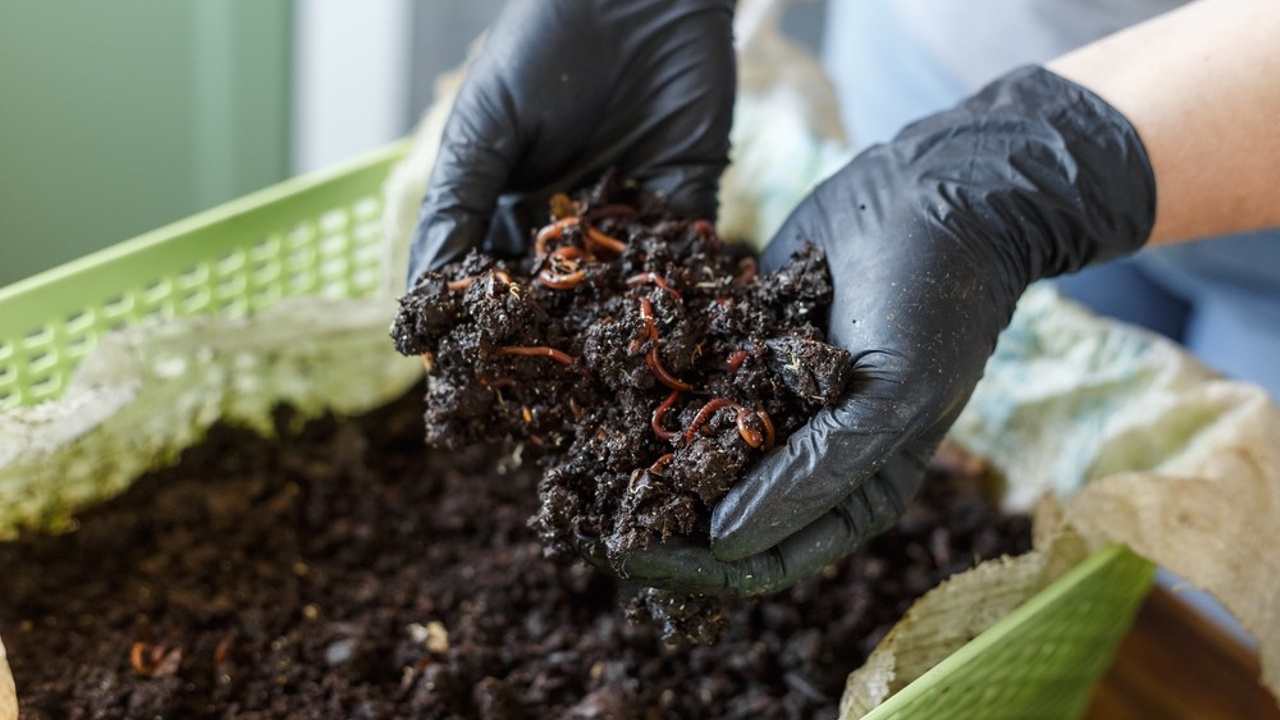
What is the first thing that comes to your mind when you think of composting?
Do you picture a spacious backyard with an outdoor composting bin situated far from the house? If so, I’m here to let you know that the “traditional” method of backyard composting isn’t the only way to compost!
What if someone else – or more precisely something else- could do most of the composting work for you?
Vermicomposting is a method of composting that involves worms! We know that earthworms are important components of soil health, so why not bring them indoors to work some of their magic on your food scraps? Soon enough, you’ll be left with an amazing fertilizer that can be used in your garden or on your houseplants.
Why composting matters
Before we get into the specifics on vermicomposting, here is a quick review of the benefits of composting.
Your food scraps are organic material that should readily decompose in the landfill, right? Wrong! In order for...
Where the wild horses run - Sable Island, Canada

Have you heard of Sable Island? There is a good chance you haven’t, as Sable Island National Park Reserve is a small Canadian island that is located 300 kilometers southeast of Halifax, Nova Scotia, on Canada’s east coast. Despite its small size, Sable Island has an interesting history, unique vegetation, and exciting wildlife, including a population of wild horses!
The history of Sable Island
Since the 1500s, there have been numerous attempts to settle on Sable Island by various colonists and adventurers from Portugal, Basque, France, Spain, England, and New England. These attempts at settlement only lasted a few years or less, as the location of the island made settlement quite difficult.
Sable Island is known for the large number of shipwrecks that occurred as a result of the island’s sand bars. It has been estimated that 350 vessels have met their fate at this location as a result of its low visibility, treacherous currents, and the fact that it was located in...
Start a new family tradition with the Christmas Bird Count!
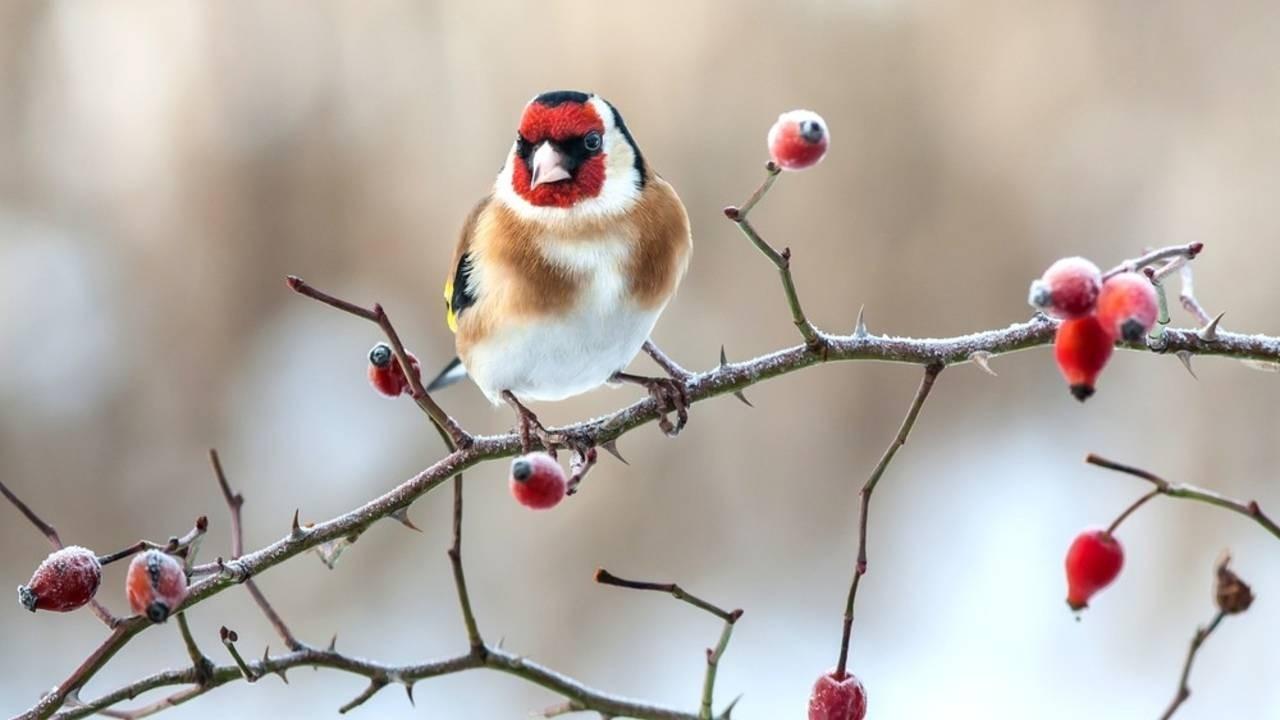
Around this time of year, many of us take part in traditions that bring us closer together and signal the start of the holiday season. Whether these traditions are unique to your family, workplace, community, or county, they have a way of bringing cheer and making this time of year special. Maybe this holiday season is the right time to add a new tradition to your list! The National Audubon Society hosts a Christmas Bird Count every year which can always use new volunteers!
This is Citizen Science!
It is a great way to spend time outdoors and contribute to citizen science - where everyday citizens can contribute their time and efforts to collecting information about the natural world. What a fun way to enhance your walk or family adventure by gathering information, contributing to research, and advancing science! The Christmas Bird Count is just such a program, and a really fun way to engage with birds during the winter.
The Christmas Bird Count is an early-winter bird census...
Citizen Research
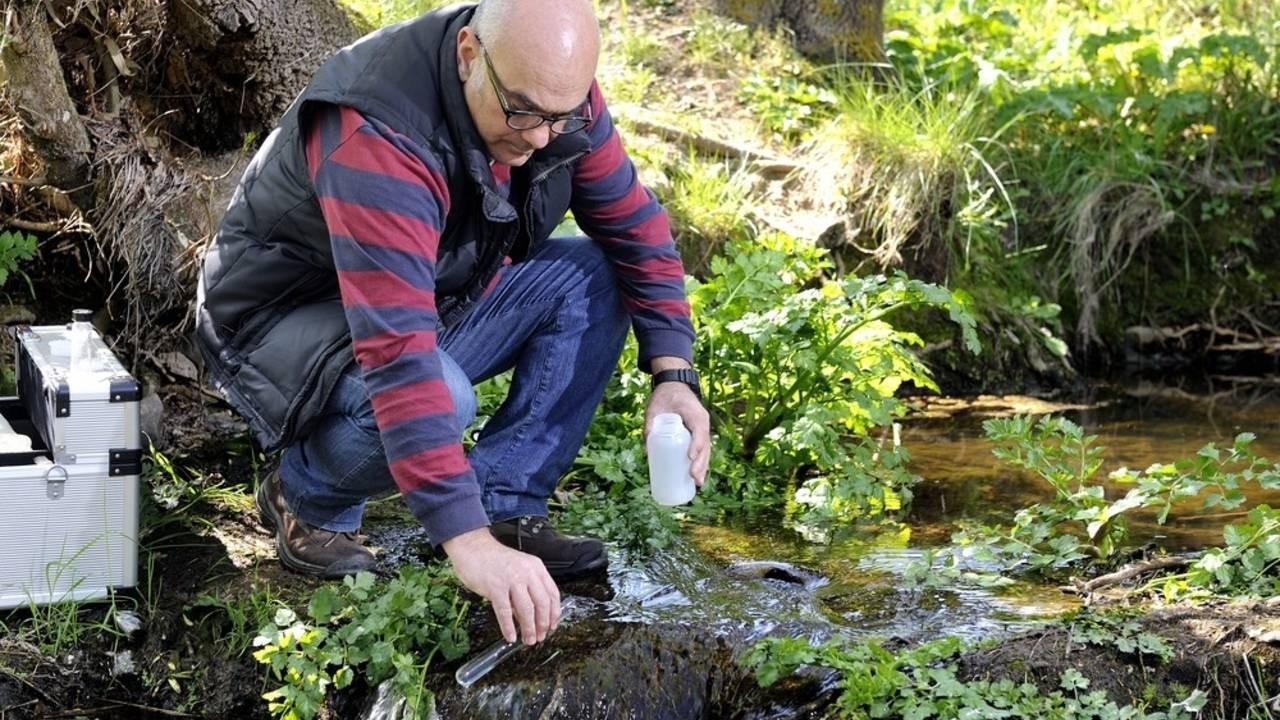
Science lovers are everywhere! You don’t need a degree in science to know that you love learning, looking at data, and contributing to our collective knowledge about the natural world. Whether your interest in science stems from your desire to know more about the world around you, the intellectual challenges it provides, or educating the children around you, there are ways that you can be a part of scientific research!
It is not uncommon for individuals to believe that there is no space for ordinary citizens when it comes to scientific research. This is not the case! The truth is that you -don’t- have to have a PhD in order to participate in scientific research. Whether you are interested in learning about the ecosystem function of a specific species or the impacts of pollution on water bodies, there is a way that you can collaborate with scientists and researchers in order to gather important data and make a difference in the scientific community! Through citizen...
Forest Therapy
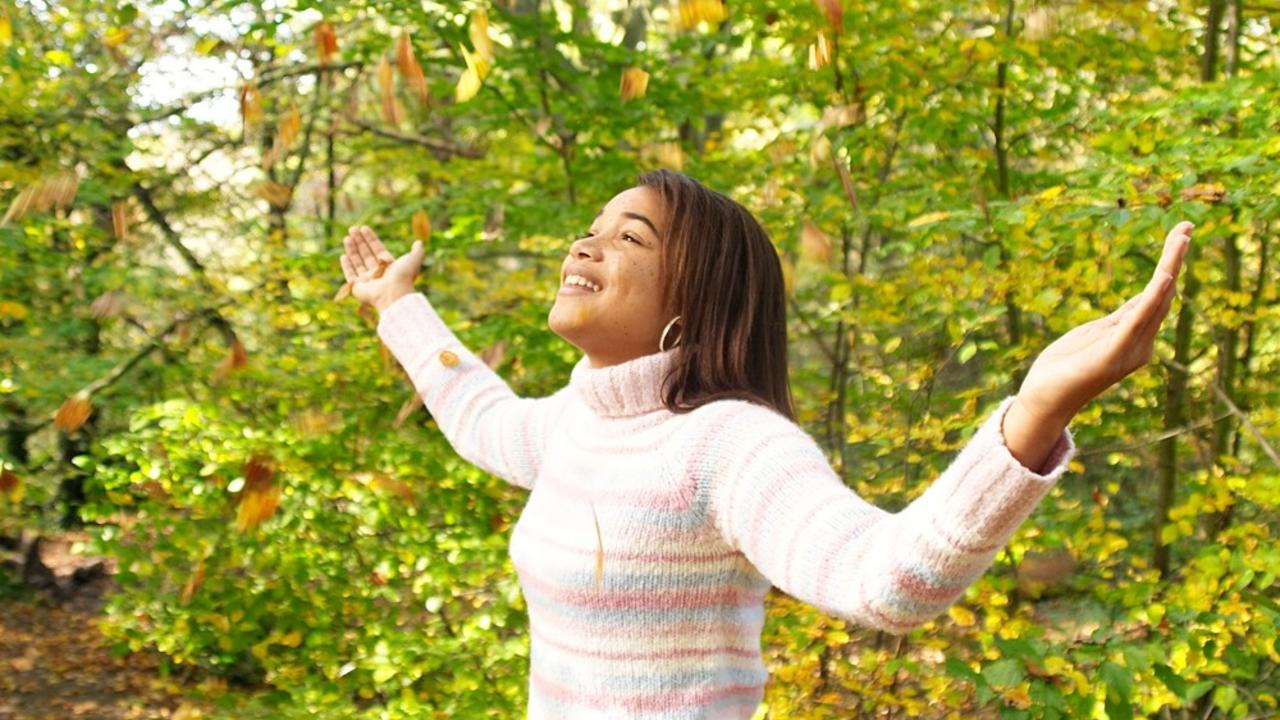
Forest bathing is a mental and physical wellbeing exercise that emerged in Japan in the 1980s, and is a tool of Forest Therapy. The Japanese name, shinrin-yoku, can be directly translated into the English words “forest” and “bath.” This exercise, as its name suggests, involves immersing yourself in nature and connecting to your surroundings through sight, sound, touch, smell, and taste.
Therapeutic effects of forest bathing
Forest bathing is not only a relaxing and peaceful activity to partake in, but it also has many therapeutic effects. Spending time in a forest can provide individuals with significant psychological and physiological improvements such as anxiety, stress relief, decreased blood pressure and heart rate, pain management, and improvements in certain mood disorders.
Additionally, scientific studies have identified that forest bathing may result in improved immune function. This increased immune response is thought to be caused by human...

